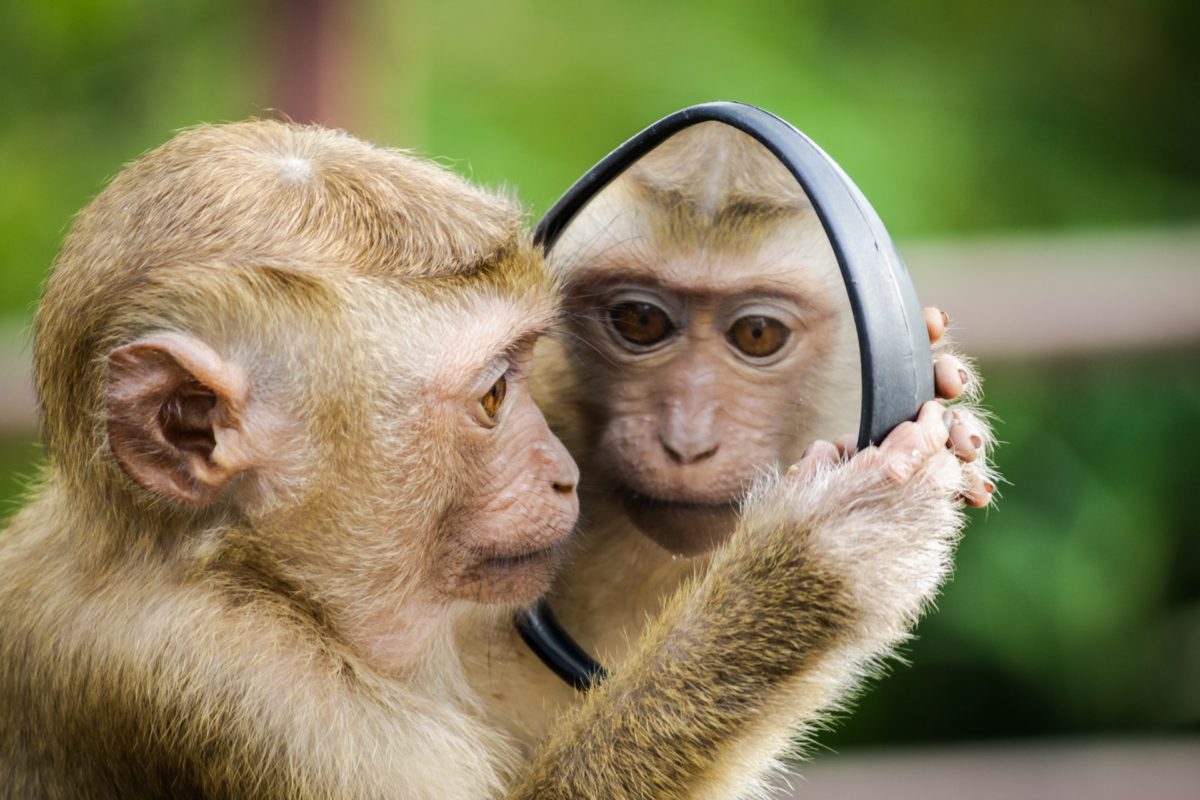This morning, my friends and I had a reflection session on how we were progressing in our bootstrap-style startup. In our conversations, my good friend, Ryan mentioned how he habitually reflects on any project that he embarks. However, he always finds reflecting on himself to be an activity that takes strenuous effort.
“Reflecting on yourself is difficult,” I thought to myself.
It was intriguing for me to observe how Ryan had given much observation and analysis on his self-reflection sessions. He was reflecting on his reflecting. A form of meta-reflection. Remarkable.
This got me thinking about how little time and effort I dedicate towards reflecting. It is something that I now would like to adopt more frequently, and more seriously.
Reflection needs consciousness
Everyone certainly reflects on whatever they think, do and say. It is part of being a human being. This is how we learn and grow naturally. However, reflection becomes an activity of great productivity when we proactively give analysis to what is in our minds.
For most people – including myself – reflection is a reactive activity. It is only when an event triggers us do we give some reflection to what has happened. A lot of us do not purposefully take time to reflect, and hence the feedback that we receive from ourselves become shallow.
Reflection needs time and depth
Connecting to the point above, depth of thought is a requirement for quality reflection. Exercises like the Five Whys for finding the motivation of an activity, or Kano analysis for finding priority in product features are mind tools that we can use to explore deeper when we reflect.
And paired with depth of thinking, time is also a requirement. Our brain operates using two modes of thinking. The diffuse mode requires time as a catalyst for its operation. It is during this mode of thinking that our brains will usually creatively connect the dots between different areas of our brains. Such mode of thinking would be essential in deepening our reflection process.
Reflection needs honesty and humility
When reflecting, the value of honesty and humility are also vital. Apart from being honest and humble towards others, we must learn to also act in such manners to ourselves. By looking into the mirror with those paradigms, we will uncover our true mistakes and shortcomings.
We do not self-deprecate when we reflect on ourselves. That is not the goal. Instead, reflection is for us to be open with ourselves and to accept ourselves for who we are at that moment. And self-acceptance requires both honesty and humility. To accept that we may not be as good as we wish we were, is a vital step towards improving ourselves.
So, let us reflect. and reflect we shall.
PS: Check out Ryan’s website. The man is a 🦁 beast. He writes daily on Natural Language Processing and is an inspiration of mine towards bettering myself everyday.
Ruiz

